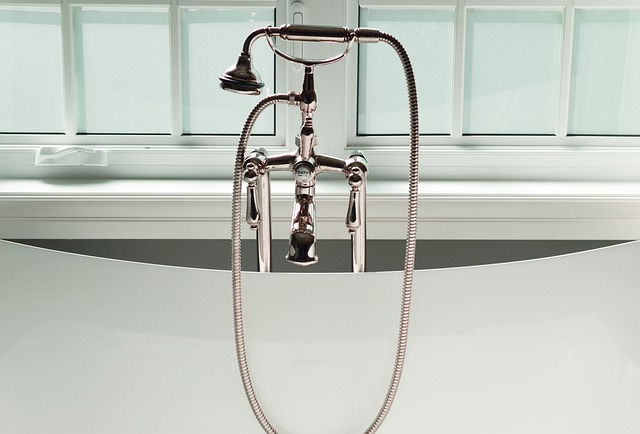Leak detection, a critical aspect of residential plumbing services, utilizes advanced technologies like moisture meters, thermal imaging cameras, and acoustic devices for early identification of water leaks, minimizing damage. Common leak types include pipe, toilet, and hot water heater leaks, requiring prompt attention. Modern digital age tools, such as wireless sensors and pipe inspection cameras, enhance leak detection efficiency. Professional residential plumbing services offer benefits like advanced detection, system health insights, and proactive maintenance. Swift action on signs of leaks prevents water damage and costs. Following a four-step repair process ensures effective leak management. Regular maintenance, including pipe inspections and corrosion checks, reduces future leak risks. Eco-friendly solutions, like sound wave-based systems, promote sustainable plumbing practices, benefiting both the environment and homeowners.
Residential leak detection is a critical aspect of home maintenance, ensuring water damage prevention and cost savings. Understanding the basics involves recognizing common types of plumbing leaks, from pipe bursts to faulty fixtures. Advanced technologies offer efficient solutions, while professional residential plumbing services provide expertise for complex issues.
This comprehensive guide covers everything from identifying emergency signs to step-by-step repair processes, maintenance tips, and eco-friendly options. By embracing regular plumbing inspections, homeowners can effectively safeguard their properties and reduce the need for costly repairs, highlighting the essence of proactive Residential Plumbing Services.
Understanding Residential Leak Detection: The Basics
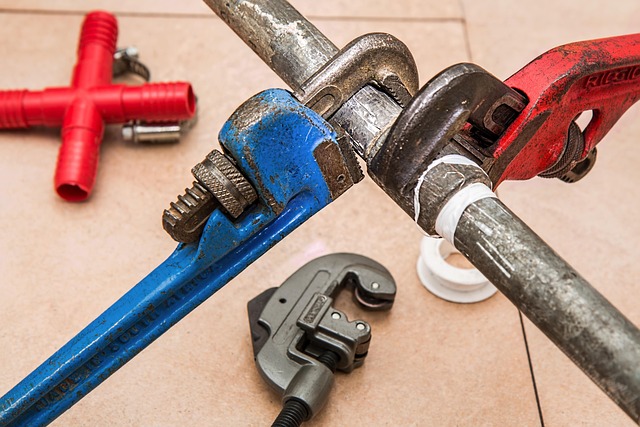
Leak detection is a critical aspect of residential plumbing services, designed to identify and mitigate water leaks before they cause significant damage. It involves a combination of advanced technology and meticulous inspection to pinpoint sources of leaks within homes. Modern methods include using moisture meters, thermal imaging cameras, and even acoustic devices that can detect the unique sounds produced by dripping water. These tools enable plumbers to navigate through walls, floors, and ceilings without extensive tearing apart, making the process efficient and less disruptive for homeowners.
Early detection is key in preventing costly repairs and keeping homes safe from potential water damage. By understanding common leak sources such as pipes, fixtures, appliances, and roofing, residential plumbing services can offer proactive solutions. Regular maintenance checks and prompt attention to any unusual noises or moisture buildup can significantly contribute to a home’s overall well-being and the preservation of its structure.
Common Types of Plumbing Leaks in Homes
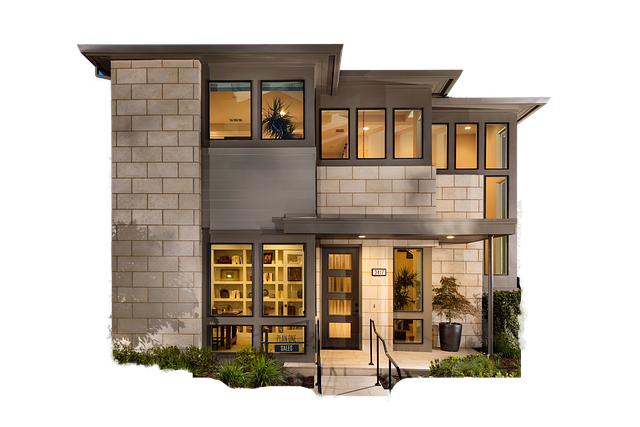
Plumbing leaks in homes can range from minor inconveniences to major disasters, depending on their type and location. Understanding common types of plumbing leaks is essential for homeowners and those seeking residential plumbing services. One of the most visible and immediate leak types is pipe leaks, which often manifest as dripping water at fixtures or walls that feel moist. These leaks can be caused by worn-out gaskets, corroded pipes, or faulty fittings and typically require prompt attention to prevent water damage.
Another common plumbing leak type involves toilet leaks, often silent but persistent. These leaks can originate from the toilet tank, flapper valve, or fill mechanism. Identifying these leaks is crucial as they can waste significant amounts of water over time. Additionally, hot water heater leaks are not uncommon, especially in older models or those with corroded connections. Regular maintenance and inspection by residential plumbing services can help detect and address these issues early, ensuring a comfortable living environment and minimizing utility costs.
Advanced Leak Detection Technologies for Your Home

In today’s digital era, advanced leak detection technologies have revolutionized residential plumbing services. These innovative solutions go beyond traditional methods, offering homeowners precise and timely identification of water leaks within their properties. By employing sophisticated sensors and smart monitoring systems, these technologies can detect even the smallest leaks, ensuring minimal water waste and potential damage.
From wireless moisture sensors to advanced pipe inspection cameras, modern leak detection tools provide a comprehensive view of your home’s plumbing health. Wireless sensors, strategically placed throughout the house, can send real-time alerts when abnormal moisture levels are detected, allowing for immediate action. Pipe inspection cameras, on the other hand, enable plumbers to visualize and diagnose leaks in hard-to-reach areas, making it easier to implement effective repair solutions.
Benefits of Professional Residential Plumbing Services

Professional residential plumbing services offer a multitude of benefits that go beyond simply fixing leaks. These experts are equipped with advanced tools and techniques, enabling them to identify even the most subtle of water leaks in your home. By employing their expertise, you gain peace of mind knowing that your property is protected against potentially devastating water damage.
Moreover, professional plumbers provide valuable insights into your plumbing system’s overall health. They can recommend upgrades or repairs that enhance efficiency, reduce energy costs, and prolong the lifespan of your pipes. Their services often include comprehensive inspections, allowing for proactive maintenance rather than reactive repair, which can save you time, money, and future headaches.
When to Call a Plumber: Recognizing Leak Emergency Signs

If you notice any signs of a leak emergency in your home, it’s crucial to act fast. Prompt action can prevent minor issues from escalating into costly damages. Keep an eye out for telltale signs such as persistent dripping from faucets or appliances, unexpected spikes in water bills, or peculiar smells coming from pipes. Wall or ceiling stains, especially in areas near fixtures or pipes, are also indicators of potential leaks. Time is of the essence; if left unattended, leaks can cause substantial water damage to your property and even pose health hazards.
When faced with these scenarios, don’t delay; contacting a professional residential plumbing service is the best course of action. Plumbers have the expertise and tools to identify and fix leaks efficiently, minimising disruption and potential costs. They can also provide maintenance tips to prevent future leaks, ensuring your home remains in good condition.
Step-by-Step Process of Residential Leak Repair
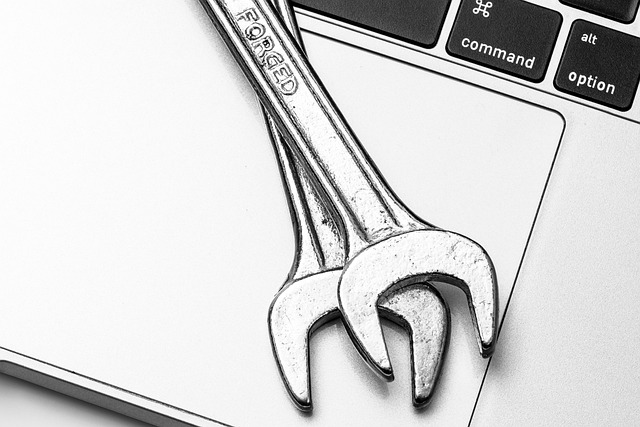
Residential leak detection and repair is a crucial aspect of maintaining a home, ensuring comfort, and preventing significant damage. Here’s a step-by-step process for addressing this common plumbing issue:
1. Identify the Source: Start by tracking down the source of the leak. Check for obvious signs like dripping faucets, running toilets, or wet spots on walls and ceilings. Use your water meter to track consumption and identify any unusual spikes. This initial inspection can save time and help pinpoint the problem area.
2. Turn Off the Water Supply: Once you’ve located the source, the next step is to shut off the water supply to prevent further waste. Most homes have main shut-off valves that control the water flow throughout the house. Turning these off will stop the leak immediately and give you time to proceed with the repair without worrying about rising water bills or potential damage.
3. Assess Damage and Repair: Depending on the type of leak, repair methods can vary. For instance, a leaky faucet might involve replacing worn-out washers or O-rings, while a pipe burst may require cutting out damaged sections and installing new piping. It’s important to have the right tools and materials for the job, which is where professional residential plumbing services come in handy. They possess the expertise and equipment needed to handle complex repairs effectively.
4. Test and Restore Water Supply: After making the necessary repairs, test the system to ensure the leak has been fixed. Turn on the main shut-off valve and check for any leaks. Once confirmed, restore full water service to your home, relieved that you’ve successfully navigated a potential plumbing nightmare.
Preventing Future Leaks: Maintenance Tips from Experts
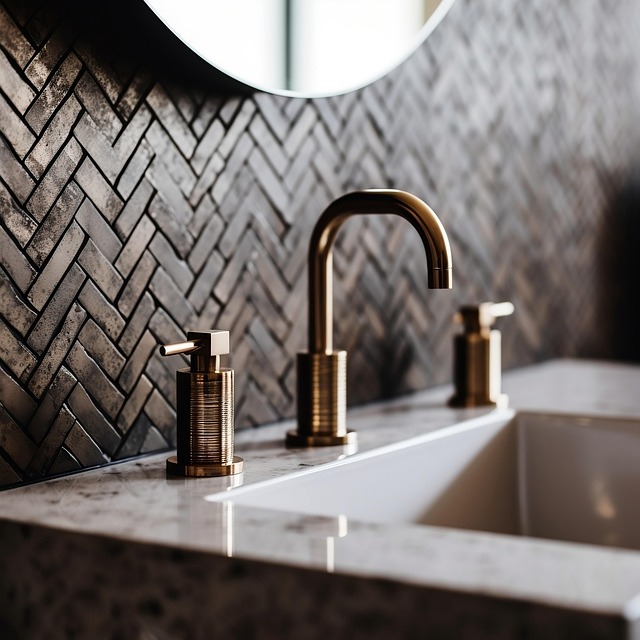
Preventing future leaks is a crucial aspect of maintaining a reliable and efficient residential plumbing system. Regular maintenance, as advised by experts in residential plumbing services, can significantly reduce the likelihood of sudden leakages that may cause extensive damage. One key tip is to inspect pipes for any signs of corrosion or wear, especially in older homes. Replacing old or damaged pipes with modern, high-quality materials can prevent leaks over time. Additionally, checking and tightening fittings, valves, and fixtures regularly is essential, as loose connections often lead to persistent water leaks.
Another effective strategy is to insulate pipes in colder regions to avoid freezing during winter, which can cause them to burst. Experts also recommend using shut-off valves for individual fixtures or zones to contain any potential leakages until they can be repaired. Staying proactive by following these maintenance tips from residential plumbing services will not only save you from costly repairs but also ensure a continuous supply of clean water and minimize water waste.
The Role of Regular Plumbing Inspections in Leak Prevention

Regular plumbing inspections are an essential component of residential leak detection and prevention, offered by reputable residential plumbing services. These thorough assessments allow for the early identification of potential issues before they escalate into costly and disruptive leaks. Skilled plumbers can inspect pipes, fittings, and fixtures for any signs of corrosion, damage, or improper installation—all common causes of water leaks.
During an inspection, professionals will also check for proper ventilation in plumbing systems, as inadequate ventilation can lead to moisture buildup and subsequent pipe damage. Additionally, they might recommend routine maintenance tasks like replacing old pipes or sealing potential entry points for water, further minimizing the risk of leaks.
Eco-Friendly Solutions for Leak Detection and Repair
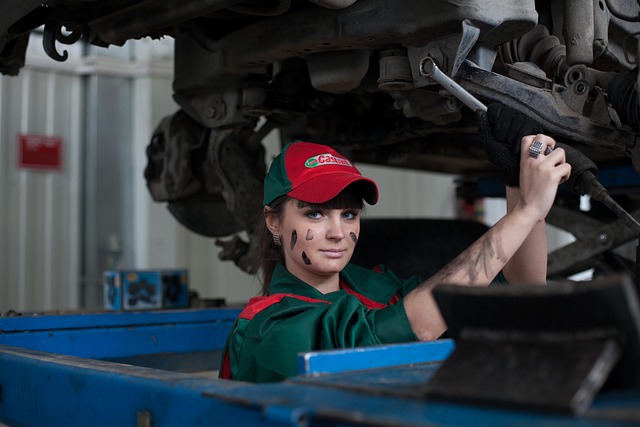
In today’s eco-conscious world, it’s crucial for residential plumbing services to offer sustainable solutions for leak detection and repair. Traditional methods often rely on chemical-based detectors or invasive procedures that can have negative environmental impacts. However, modern technology provides greener alternatives. For instance, some advanced systems use sound waves to identify leaks without the need for harmful substances. These eco-friendly approaches not only benefit the environment but also enhance safety, as they eliminate potential health risks associated with chemicals.
Additionally, when it comes to repair, adopting sustainable practices can make a significant difference. This includes using recycled or biodegradable materials for repairs and replacements, ensuring water conservation during the repair process, and implementing energy-efficient solutions. By embracing these eco-friendly strategies, residential plumbing services contribute to a greener lifestyle while providing reliable leak detection and efficient repairs.
